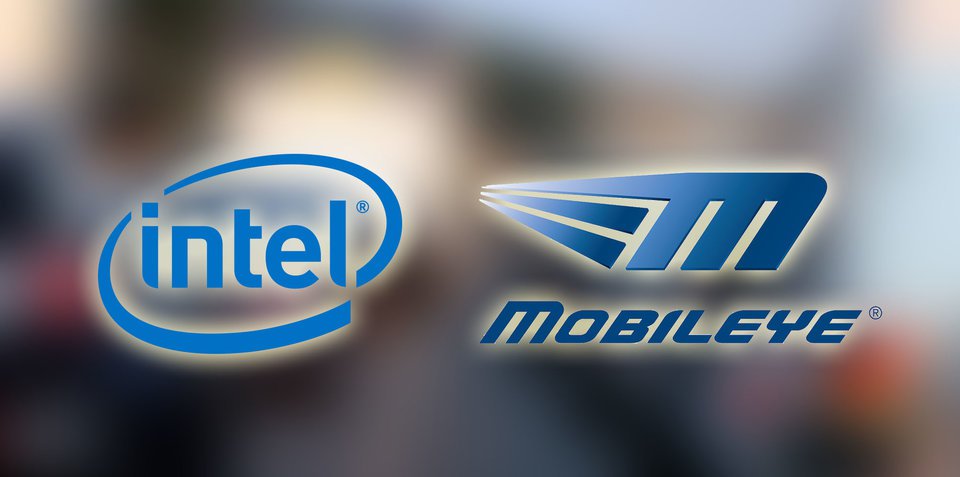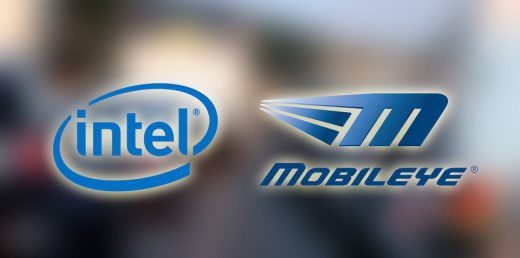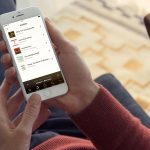The First AI Acquisition Over $1B — WAY Over
The First AI Acquisition Over $1B — WAY Over
by Mike Azzara, Op-Ed Contributor, April 6, 2017
March was a milestone month for artificial intelligence M&A — though there wasn’t much directly applicable to marketers. Unless you factor in the fact that marketers are humans, too. Up to you.

There were a cool dozen deals in March 2017, roughly double last year’s monthly average. But this month’s big milestone was the first deal for AI technology to top $1 billion: Intel acquired Mobileye, a maker of machine-learning-infused autonomous driving systems, for a breathtaking $15.3 billion.
No surprise, Mobileye is another of those Israeli startups (if a company founded in 1999 can still be called a startup), with deals to supply the guts of autonomous driving systems to just about every major car manufacturer you can think of, regardless of home continent. Its technology lies at the core of Tesla’s auto pilot — and yes, it was exonerated of guilt from that fatal Tesla crash last year.
What makes Mobileye particularly interesting to chip-maker Intel is that, unlike just about everyone else, its AI tech lives in a chip. That makes it smarter and faster than software solutions that run outside chips, a faster learner, and more easily embeddable into large rugged systems like cars. Intel missed mobile, and the key message here is that, come hell or high water, there’s no way the company will miss the AI revolution.
Perhaps of most interest to marketers, though, are two Spotify acquisitions and one by Google (none of which had announced price tags).
Spotify acquired Sonalytic, whose AI does that Shazam thing of naming any tune from just a few bars of music, with the added twist of figuring out your taste and recommending new music for you to try out. The second deal was for MightyTV, another recommendation AI, but this time for video. Still, the tea leaves suggest that the MightyTV deal is destined to shape the future of programmatic advertising at Spotify, if not all of its marketing technology.
MightyTV’s founder is Brian (not Bryan!) Adams, who previously founded AdMeld, sold it to Google in 2011, and ran DoubleClick Publisher Platform before launching MightyTV two years ago.
Here’s what Spotify’s announcement had to say: Adams “will be joining Spotify as VP of Technology, focusing on advertising and marketing technology solutions. [He] will use his vast knowledge of programmatic advertising and personalized recommendations to further develop Spotify’s advertising products, as well as our own marketing technology platforms.”
Google’s umpteenth AI acquisition is AI gamification company Kaggle. Any company from any industry can use Kaggle. You describe a business problem and provide a dataset, and Kaggle hosts a competition among the worldwide community of data scientists and assorted AI geeks to develop predictive models and other analytics that solve your problem. You can choose to deploy the winning model or not, but you have to offer prize money as incentive to get the contest going.
Of passing interest for marketers is HMS Holdings’ $170 million deal for Eliza Corp., whose healthcare patient outreach AI uses behavioral science, predictive analytics and voice recognition to figure out the best channel through which to contact patients and then engage them. It can provide information, offer guidance, gather feedback and schedule appointments. Sort of like a cross between your favorite doctor and Sarah Fay’s no-less-artificial assistant, Amy Ingram.
The other seven deals ran the usual gamut for AI targets so far this year: a couple of cybersecurity detection intelligences; a couple of foundational AI platforms that let you DIY your own predictive brains; a language translation AI; and an AI for interpreting body language (so the machines can feel your pain).
Finally, 36-year-old Progress Software, which specializes in integrating data sources from many disparate business applications, spent $30 million for AI technology that it claims will help its customers transition to integrating the hundreds or thousands or millions of different data sources envisioned to emerge in the coming Internet-of-Things era. Apparently, the company’s humans just ain’t up to the job.
For new readers who like to follow AI M&A as avidly as I, we also have January and February deal roundups.
MediaPost.com: Search Marketing Daily
(36)













